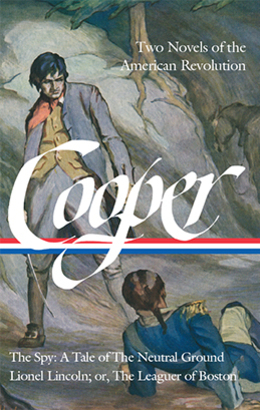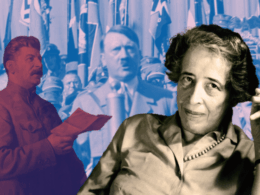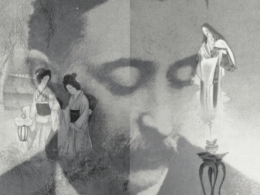A foundational figure in the Library of America series returns this fall with James Fenimore Cooper: Two Novels of the American Revolution, the first new volume in our Cooper edition in more than twenty-five years, bringing together two fascinating early works.
The first is The Spy, Cooper’s 1821 breakthrough, the runaway bestseller that established him as our first commercially successful literary figure. Set in the “Neutral Ground” of New York’s Westchester County, it traces the conflicting allegiances of rebels and loyalists and reminds us that the American Revolution was more than a war of independence, it was a civil war. The hero, Harvey Birch, a mysterious figure caught between friendship and duty as he moves between warring armies, is a kind of prototype for the heroic loner who follows his own brand of justice, a type Cooper would perfect with Natty Bumppo.
After publishing his next book The Pioneers, the first of the Leatherstocking Tales, Cooper returned to the Revolution with _Lionel Lincoln (1825), a carefully researched panorama of the war’s beginning, set against the backdrop of the battles of Lexington and Concord and Bunker Hill. The hero here is a native-born American serving in the British Army, so issues of loyalty again complicate and intensify Cooper’s detailed historical recreation.
Editing this new volume is the acclaimed historian Alan Taylor, Thomas Jefferson Foundation Chair at the University of Virginia and the author of several books on early America. His book William Cooper’s Town: Power and Persuasion on the Frontier of the Early American Republic, a study of the life and career of Judge William Cooper (James Fenimore Cooper’s father), won the Pulitzer Prize in History in 1996. Taylor won a second Pulitzer in 2014 for The Internal Enemy: Slavery and War in Virginia, 1772‒1832.
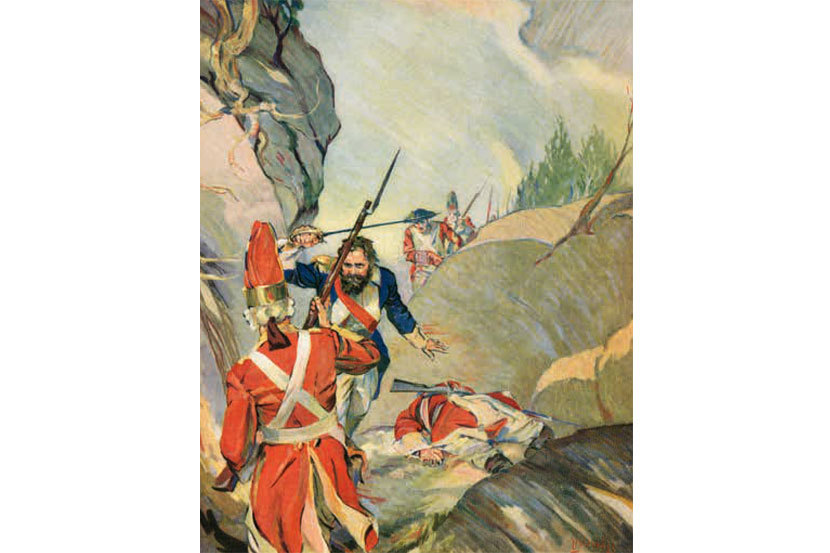
Library of America: The Spy and Lionel Lincoln bookend Cooper’s publication of the first Leatherstocking novel, The Pioneers (1823), which of course introduced his iconic hero Natty Bumppo. What can readers of the Leatherstocking Tales expect to find in these two novels of the American Revolution?
Alan Taylor: Readers will encounter Cooper’s first great novel, The Spy, which along with Lionel Lincoln, addressed his view of the American Revolution as a tangled, complex movement rich in deception. In both novels, he experimented with narratives that slowly revealed deeply hidden truths about the motives and means of the revolutionaries and their foes.
LOA: Cooper wrote these novels in the 1820s, at a moment when the Revolution was rapidly receding from living memory. But the books are far from being overtly patriotic historical tapestries—in fact, divided loyalties and moral ambiguities are Cooper’s primary concerns in each. Why was he so intent on complicating readers’ notions of the war?
Taylor: Cooper married into a Loyalist family, the DeLanceys, and became friendly with John Jay, a conservative Patriot. From their stories, he lost faith in the conventional story that simplified the revolution into a melodrama pitting good Patriots against bad Loyalists. Cooper could find plenty of misdeeds and heroism on both sides, although he reserved his highest praise for George Washington. Cooper sought to persuade Americans that they should cherish a conservative revolution that cast aside radicals in favor of empowering gentlemen like Jay and Washington. Such a revolution would seek reconciliation with genteel Loyalists.
LOA: As you note in your introduction to the new volume, Cooper took as his model the historical romances of Sir Walter Scott, which had lately caused a sensation on both sides of the Atlantic. But was he subverting Scott’s example at the same time that he emulated it? (We note that the titular hero of The Spy is a humble peddler, for instance.)
Taylor: Cooper tended to create two sorts of heroes. The first, more conventional (and less interesting) were honorable gentlemen of complete integrity, like Washington. The second were common men with innate, natural senses of morality. He cast the latter as rarities of the lower class. Such characters included Harvey Birch of The Spy as well as Natty Bumppo of The Pioneers. In concluding these novels, Cooper has these common men of noble spirits accept subordination to men of a higher class, Washington in The Spy and the Effinghams in The Pioneers. In this way, Cooper acknowledged the democratic dimension of the revolution while ultimately seeking to contain it.
LOA: Writing in 1852, a year after Cooper’s death, the historian George Bancroft said that in Lionel Lincoln Cooper had recounted the battle of Bunker Hill “better than it is described in any other work.” How does Cooper’s portrayal of that engagement—and of the battle of Lexington and Concord—hold up to historical scrutiny today?
Cooper did his homework in examining the grounds of these battles and in talking to the last survivors. He also had a knack for describing the chaotic ebb and flow of action for men in the heat of battle. So his accounts of these battles remain the best writing in Lionel Lincoln.
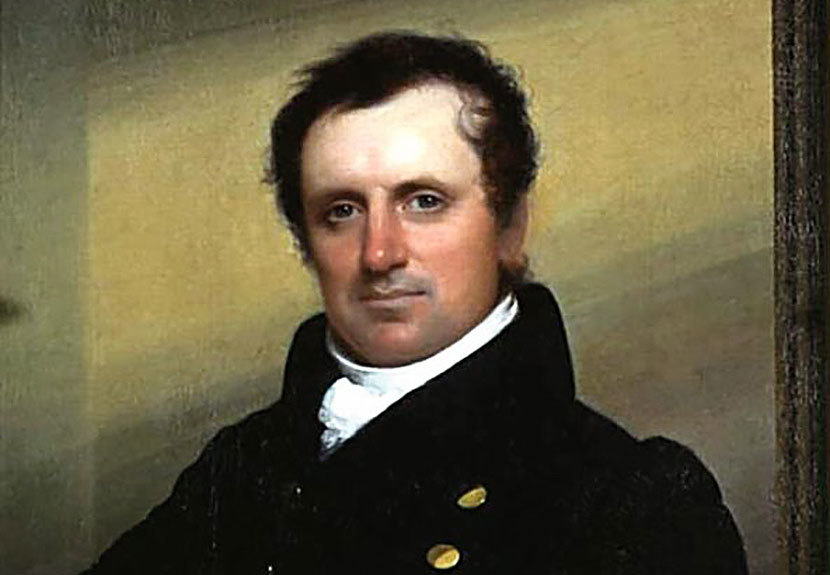
LOA: We recently came across the following quote from Walt Whitman:
Cooper was always an outdoor influence: he is perennial fresh air, pure seas; a living accuser of our civilization. Our civilization is anyhow a morbid one—introspective, consciously sinful. But Cooper maintained his independence, manhood, from the very first. The Spy, all the sea tales, Long Tom Coffin—what a creation that!
What is it about Cooper that Whitman is responding to here?
Taylor: While capable of searing criticism of the American social scene, Cooper also sustained a mythic sense of the natural grandeur of the landscape and seascape and of native peoples and deft mariners. He also laid out an idealized notion of the potential evolution of American society through progressive settlement to create the most civilized nation on earth. He thought that by imagining both natural origins and ultimate good that he could persuade readers to make a better society.
